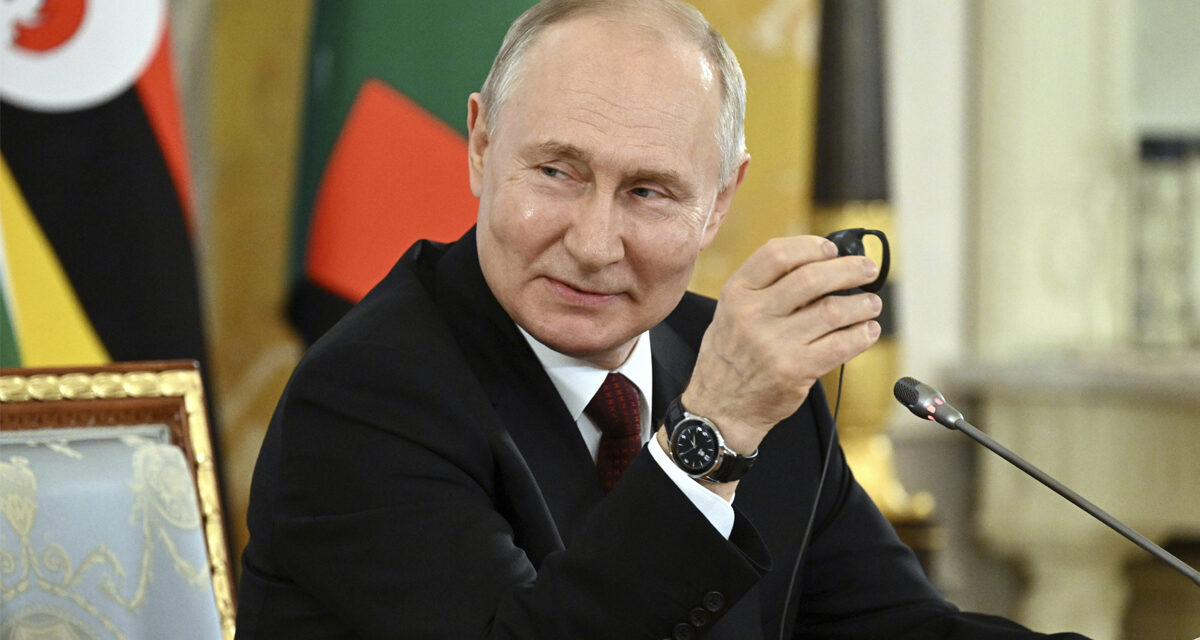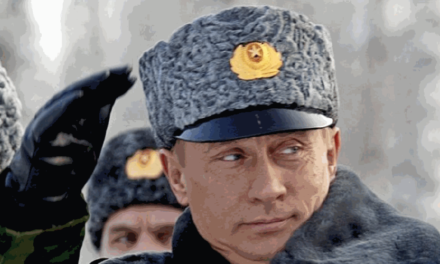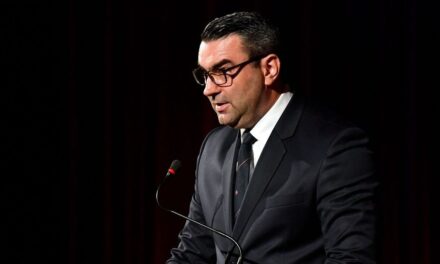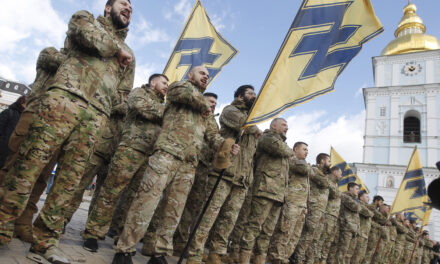Those who urge the overthrow of Putin's more than twenty-year rule are backed up by guarantees that the Kremlin's successor will be less of a threat to the security of the European Union, including Hungary, than the current Russian president. Written by László Szőcs.
"I've never pushed for paid fascists against state fascists, but Moscow brought this up for a moment, unfortunately," said Zoltán Somogyi, a political scientist close to the opposition, when the leader of Wagner's Russian mercenary army left for Moscow more than a week ago. For the sake of argument, let's remove the lead coat of quality-signal word structures from the statement and stick to the essence: the speaker wanted Yevgeny Prigozhin to overthrow the rule of President Vladimir Putin.
This is an example of the fact that some people - maybe most of us - do not deserve more power in their hands than they get during a strategy board game, sitting on the carpet in socks with their friends.
Because let's say Prigozhin really could have overthrown Putin. All right. But what would have happened the next day? And how long would this "next day" have lasted, with Prigozhin at the head, this bright-eyed liberal activist known to be sensitive to human rights? When and who would or would have already come after him?
What do we know about the latter? Since we don't even know who or whom we are talking about at all, it is of course difficult to answer the question.
It does not help clarity if we are at the level of supporters when it comes to basic security policy issues. For example, there is a fundamental difference between Mickey Mouse and Putin. The role of the master of fun in our childhood was to have a good time at matinee until our mother prepared Sunday lunch at home. This is not Putin's. It is not to be satisfied with it.
He is the leader of the world's largest country, thus potentially the most favorable geopolitical conditions, and also the head of one of the world's two leading nuclear powers. A bear is not a toy.
(…)
For the second week now, Russian experts, "Kremlinologists", have been discussing and analyzing exactly what Prigozhin wanted and why. Maybe we'll find out someday. One of the most remarkable statements of recent days is that of the influential Russian representative Andrey Kartapolov: "The following have come together: first, money, secondly, foolish and exaggerated ambition, and thirdly, the state of excitement."
Blaming the psychosis following the sixteen-month Russian-Ukrainian war may also be justified because an attempted coup d'état in itself is typically a rational action. If Prigozhin had been guided by cold calculation alone, then he should have assessed how much support he might have in the state violence organizations, and even within the Kremlin itself, in Putin's closest circle.
The fate of putschists is usually either-or: victory or the end, at least politically, but often physically as well. Oh, and they don't have to have a private army of bums on their hands, like Wagner.
(…)
Experts will continue to debate a lot about the why and how of the current situation in Russia, and new information will certainly come to light. Whatever happened, the past twenty years, the Putin era, may have been one of the most important developments in Russia's internal affairs, which also surfaced during wartime. I am reading the analysis of Mihail Zigar, former editor-in-chief of Dozsgy (Eső) TV channel. (His previous book, also published in Hungarian: Putin's metamorphosis - Nothing happened as we think.)
Zigar refers to a number of informants from Putin's inner circles. He claims that this time there has been a serious crack in Putin's system, and the president is not even aware of it. Zigar cannot be called uninformed in the least, but it is worth knowing that he does not fit into today's Russian reality at all, neither as a journalist nor as a private person. (Last year, for example, she left Russia a few days after the outbreak of the war, moved abroad, and then married another man in Portugal.)
We'll see what happens in Moscow after that, but one inevitably thinks of the examples when leading journalists were misled by their sources at the highest level, and they bought themselves into a narrative driven by desire. Like Judith Miller at The New York Times twenty years ago, who may have given up talking about Saddam Hussein's alleged weapons of mass destruction.
History doesn't make a feature film about itself, it typically doesn't show alternatives that came up along the way, it just presents a "story" that we often interpret in many different ways afterwards. We don't know what would have happened if Hitler had not come to power in 1933, if Japan had not attacked the United States in 1941, if Stalin had not died in 1953, or how much we would know today about the Kennedy assassination if Ruby had not shot him quickly take down Oswald, the president's assassin. The world is such an exciting, often merciless and unbearable, but sometimes joyful place because of these many, many unforeseen uncertainties.
In any case, we can remember how hot the situation was during the August 1991 coup attempt in Moscow. Not only in the Soviet Union, but also here. Many of us were afraid of the danger of a communist reorganization. What would be the consequences for our country if the coup against Gorbachev and Yeltsin was successful under the leadership of KGB chief Kryuchkov?
Unfortunately, we got to know Kryuchkov (just like Andropov, the former general secretary of the party) in 1956 as a diplomat of the Soviet embassy in Budapest. But we cannot know exactly what would have happened in 1991, just as we do not know how long a hard-line system would have been viable in Moscow, which had weakened in terms of world politics. For years? For months? Maybe just for days? Of course, we know the outcome: this was the beginning of the end for Gorbachev and the Soviet Union, the 1990s were horrible from the Russian point of view for Yeltsin, and Kryuchkov could go to prison.
If we don't count Andropov and Chernyenko, the party secretaries who left in quick succession in the 1980s, we see that in the last hundred years only six people have been the masters of the Kremlin: Stalin, Khrushchev, Brezhnev, Gorbachev, Yeltsin and now Putin. None of them served for less than six years in this important post, but ten to twenty years of rule is more typical for them. Among other aspects, daily "Kremlinology" is based in no small part on the fact that the world's diplomats, secret services, Russia researchers, and specialist journalists observe and finally recognize the intentions, aspirations and character of the current leader in Moscow: his strengths and weaknesses.
They build the big picture from small mosaic pieces and adjust their security policy system to it.
Those who urge the overthrow of Putin's more than twenty-year rule are backed up by guarantees that the Kremlin's successor will be less of a threat to the security of the European Union, including Hungary, than the current Russian president.
Of course, no one can give such a guarantee. With a lot of petulance and fan-level bias, we would get to what Zoltán Somogyi's political scientist colleague, who is even better known than him, the realist Henry Kissinger, said: a country that strives for moral perfection in its foreign policy will end up with neither perfection nor security the jussa.













